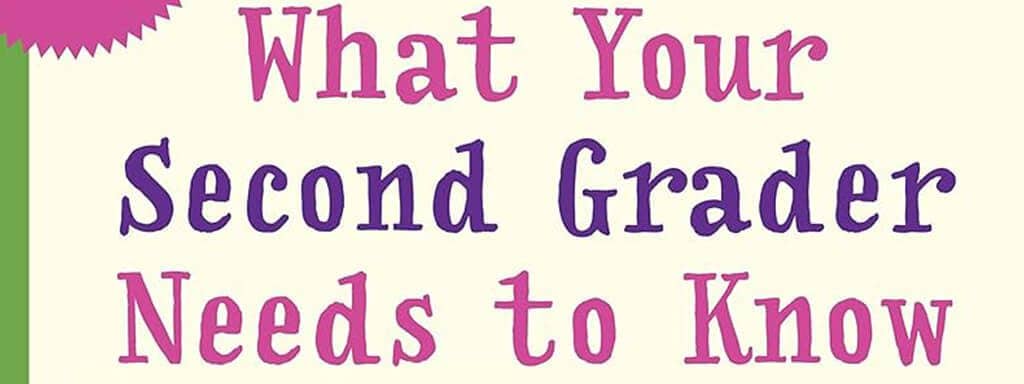Undoubtedly, a curriculum organizes and greatly simplifies the student’s life. Having a guide of what to study according to age sounds logical since humans usually evolve similarly; we do so at different rates and depths. Find out how we view the curriculum at West River Academy.
The school, as we know it, came to solve a global problem: the massification of education. Only a few had access to theoretical knowledge just over a century ago. Time and time again, entire communities came to the same conclusion in different eras, which was inefficient in an increasingly connected and globalized world.
Humanity has continued to evolve, and this problem is in the past. More and more families know that they can ask themselves the individual question: “How do I study?” At first, it is just a concern, and sometimes just an unfulfilled desire: to be able to personalize your children’s education according to their interests and time. And this is where our point of view comes from.

Curriculum
In an adult-centric world, it is expected to believe that the adult should guide their children’s education. At West River Academy, we believe that adults should only act as a companion, mere observers at the service of their children. Why? Because it is the individual who knows his vocation, his talents, and his purpose. No matter how old he is.
Routines tend to develop naturally when our toddlers are not in school without an external entity dictating 100% of it. These routines are structured by the parents’ available time, the needs that arise within the family, and even shaped by the culture of the geographical location of each family.
Without realizing it, these routines are study plans. Observing that our children love art and buying materials so they can doodle everywhere or a plastic musical instrument to emulate what they play is a study plan since it is taught to them. It gives our children the opportunity to explore their abilities through play.

How does a child who doesn’t go to school study?
Then school age arrives, and we wait patiently for the institution to give us a list of materials and books, and we trust that the study plan or curriculum is appropriate for our children. It’s the way that worked for our parents and that worked for us.
As this process is foreign to our planning, we feel the impulse to create a curriculum outside of our children’s planning, acting as the institution that offers knowledge, which entails a period of uncertainty if what they are learning is sufficient. And then bombard our children with information. It’s much simpler than this.
The first year can be the most overwhelming, and doing so alone usually takes longer to unschool. When you sign up with us, you have one-hour personalized consultations. Also, we have monthly meetings with other families and monthly zooms with the WRA director, answering common questions, which makes the process much more bearable and faster.
In our article “Students who do not fit into the traditional education system,” we share several links to websites with study plans as support. At the same time, you can unschool your adult brain and create a study plan with the flexibility your children need to know themselves and achieve their individual goals at every stage.

Study plan and workload
This is why you will not find a pre-established study plan at West River Academy because we want to keep all beings from following another’s or the mass path. We only demand that you present to us at the end of the year report what the learning process was like, what you learned, and how it went from the family experience.
With us, you will find endless tools to assemble your study plan, whether planned or emerging as your son or daughter lives. Each family is different and knows what is best for each member. That is why we encourage natural education, whether respecting an entire period of 3 months in a single activity or diversifying several activities during the week. Observe with patience and trust. Remember it as a mantra: Patience and Trust.

BONUS: Books in English by E. D. Hirsch.
If you are still not convinced by natural education and want to be covered by what your children should know in each grade according to the traditional educational system, the author E. D. Hirsch made a collection of books that are currently only in English. These are titled like: “ What Your Second Grader Needs to Know,” and there is a book for each grade, from preschool to high school. You must replace “second grader” with the degree you wish to investigate.
We hope this article has been helpful to you and you have been able to answer your doubts about which study plan or curriculum to choose when unschooling. We invite you to read other posts on our blog to delve deeper into the unschooling topic.


